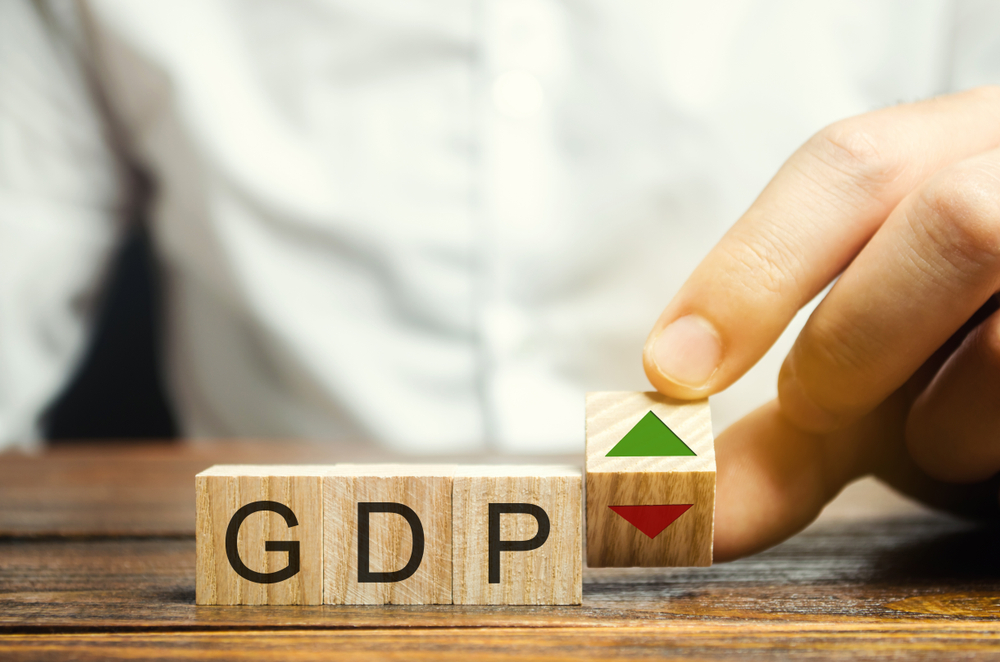Household Bills
UK GDP falls by more than expected in the third quarter as recession beckons

The UK’s gross domestic product (GDP) slipped by more than expected in the third quarter of the year, making the country’s GDP growth the lowest of all the G7 nations.
Gross domestic product measures the value of goods and services produced in the UK. It estimates the size of, and growth in, the economy.
Statistics from the Office for National Statistics (ONS) noted that UK GDP is estimated to have fallen by 0.3% in the third quarter (July to September) 2022, down from an earlier estimated fall of 0.2%.
The level of real GDP in the third quarter of the year is now estimated to be 0.8% below where it was pre-pandemic in the fourth quarter (October to December) of 2019.
Services grow, production and construction fall
In output terms, the services sector grew by 0.1% while the production sector fell by 2.5% (including falls in all 13 manufacturing sub-sectors) as well as a fall in the construction sector of 0.2%.
The figures would seem to confirm that the UK is likely to fall into recession in 2023, if it isn’t there already
There was one caveat from the ONS. It noted that: “Estimates for September 2022 are affected by the Bank Holiday for the State Funeral of Her Majesty Queen Elizabeth II, where some businesses closed or operated differently on this day.
“This should be considered when interpreting the seasonally adjusted movements involving September 2022 and, to a lesser extent, the Quarter 3 (July to Sept 2022) estimates.”
Darren Morgan, director of economic statistics at the ONS, said: “Our revised figures show the economy performed slightly less well over the last year than we previously estimated, with manufacturing and electricity generation notably weaker.
Danni Hewson, AJ Bell Financial Analyst, noted that while the news wasn’t surprising, it was ‘troubling’.
She said: “Whilst this update from the ONS doesn’t really add much to what we already know about the direction of travel, there are a few nuggets that are troubling. Business investment fell by even more than had been thought and is now a whopping 8.1% below pre-Covid levels.
“Investment is the fuel that helps stoke the embers of a cooling economy and with the UK now at the bottom of the table of G7 countries when it comes to growth, it’s clear more needs to be done to inspire confidence that post-Brexit, post-pandemic the UK is worth another look.”
Household spending drops
Meanwhile, the same set of ONS statistics also revealed that household spend fell for the first time since the last Covid lockdown in spring 2021. Households are also now saving more with the household saving ratio increasing strongly to 9% in Quarter 3 2022, from 6.7% in the previous quarter.
However, income dropped as real households’ disposable income (RHDI) fell by 0.5% this quarter; this is the fourth consecutive quarter of negative growth in the RHDI.
Morgan said: “Household incomes continued to fall in real terms, albeit at a slower rate than in the previous two quarters, while – taking account of inflation – household spending fell for the first time since the final Covid-19 lockdown in the spring of 2021.”
Hewson added: “Households struggling to find the cash they need to cover the cost of Christmas won’t really care about these revised GDP figures. They already know they’re having to cut back on the amount they buy because their cash just isn’t going as far as it used to.”